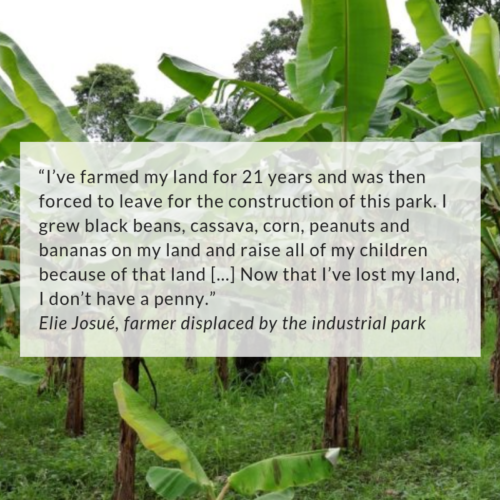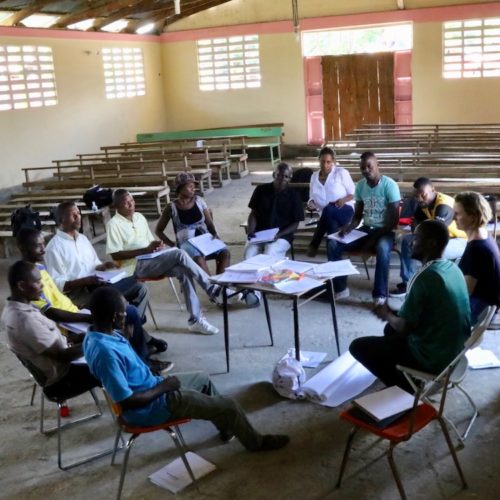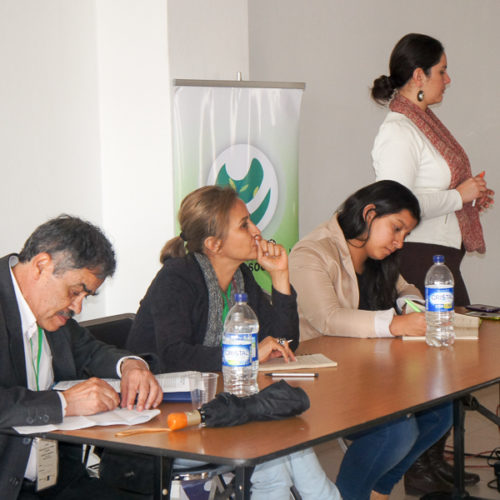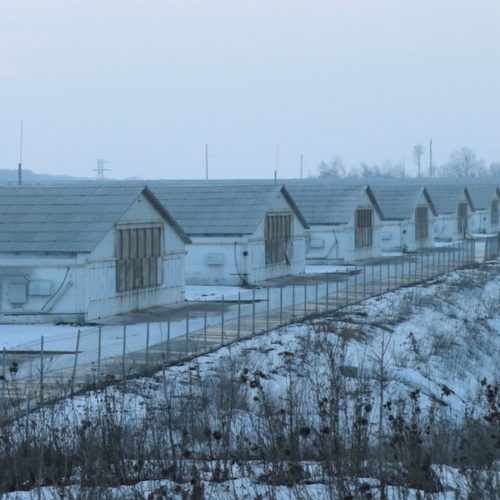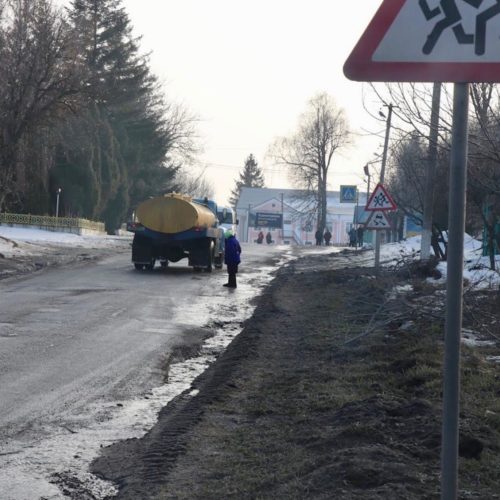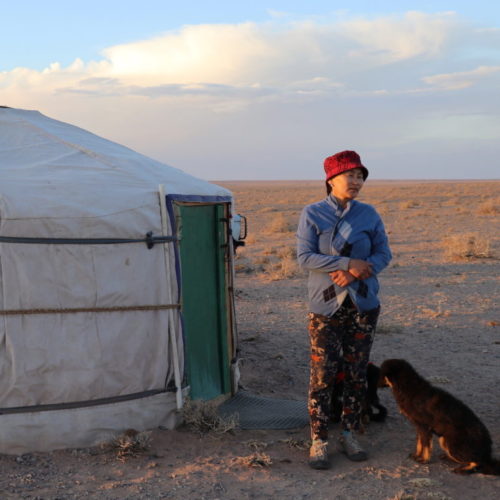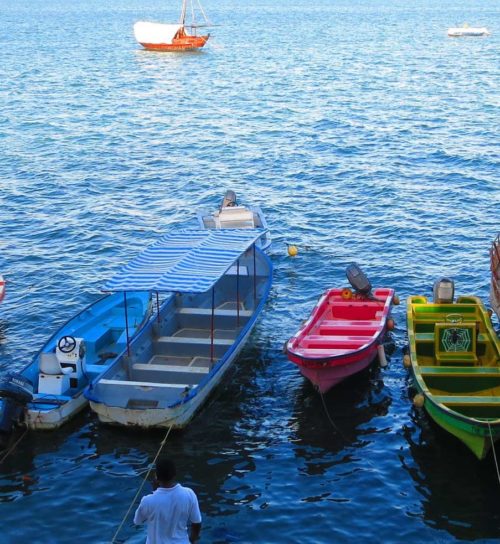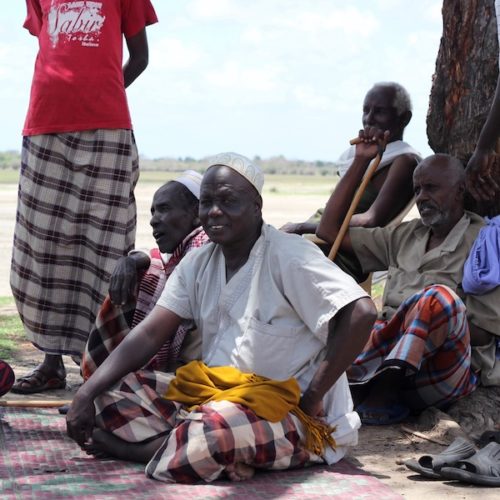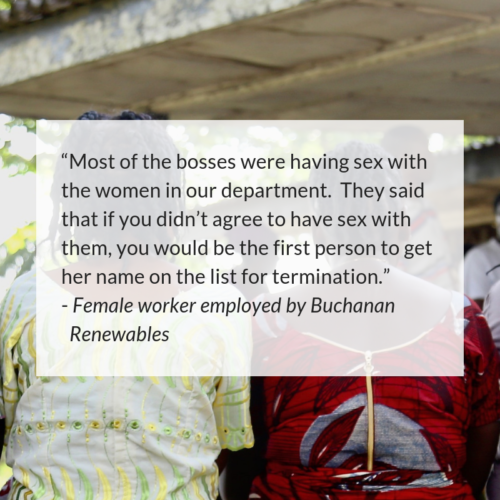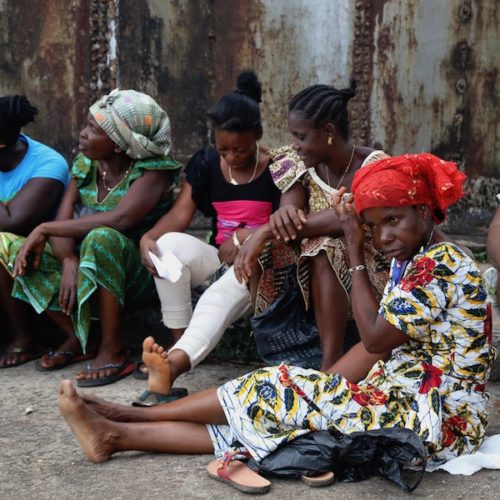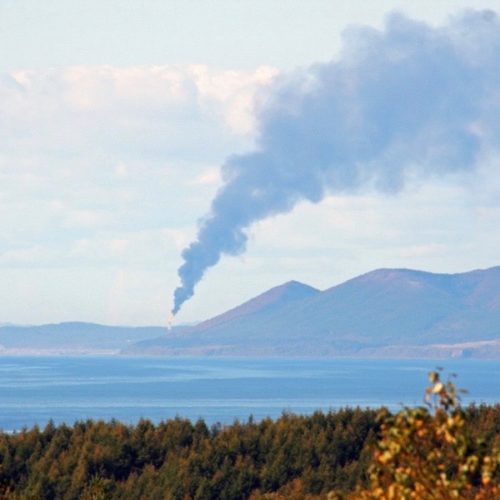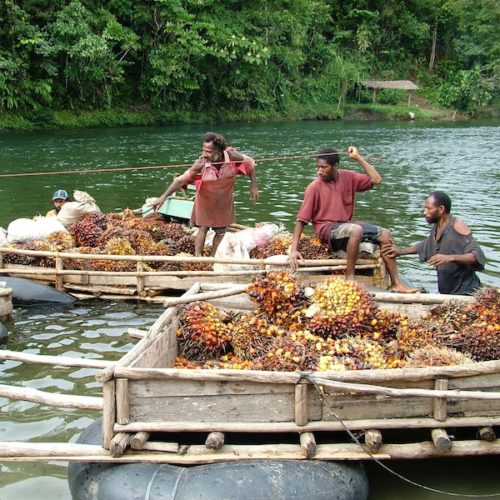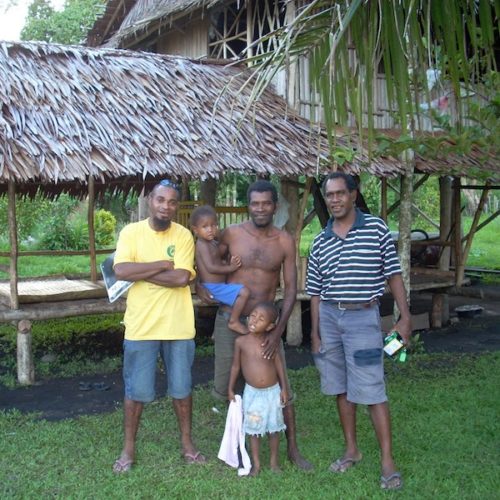29029 Climb for Justice
17 summits. 17 honorees. Join our Climb for Justice that supports Accountability Counsel’s work to defend human and environmental rights.
Accountability Counsel’s Founder and Executive Director Natalie Bridgeman Fields accepted 29029’s challenge to climb the vertical elevation of Mt. Everest by summiting a mountain in Vermont 17 times in 36 hours. She took on this audacious challenge to honor 17 advocates around the world who inspire our work at Accountability Counsel. These are people who are standing up for justice for themselves and those around them in the face of abuses financed from abroad. Here are their stories.
1. Castin, Haitian farmer leading collective for justice
We honor Milostène Castin for his determination and endurance, as he works tirelessly with us to make sure his community of 4,000 farmers and their families achieve justice after being forced from their land and driven into poverty.
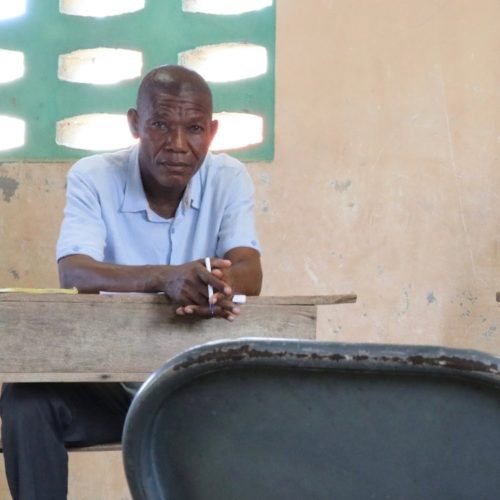
Castin - Haiti
First, we honor Milostène Castin, whose community of 3,500 Haitian farmers were forced from their land with little warning to make way for a massive industrial park. Castin organized into a collective with other former-farmers to demand their rights.
2. Gloria, Colombian advocate defending her community
We honor Gloria Molina for her brave advocacy defending the rights of her community in Colombia, where we challenge the noise pollution from an airport expansion with a 24-hour flight schedule that is causing children to go deaf and experience developmental delays from insomnia.
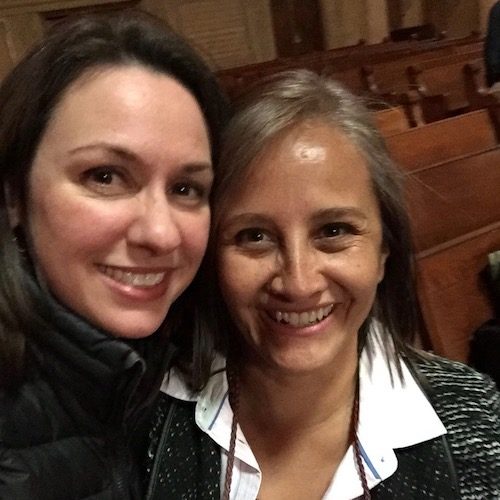
Gloria - Colombia
Our second honoree is Gloria Molina. We honor Gloria for her brave advocacy in defending the human rights of her community in Colombia, who are adversely impacted by the El Dorado International Airport Expansion Project.
3. Alfred, Liberian leader of Green Advocates, human rights defender
We honor Alfred Brownell, our close partner and a fearless human rights and environmental defender from Liberia who has survived physical attacks for his work to ensure the land and natural resources of communities are protected.
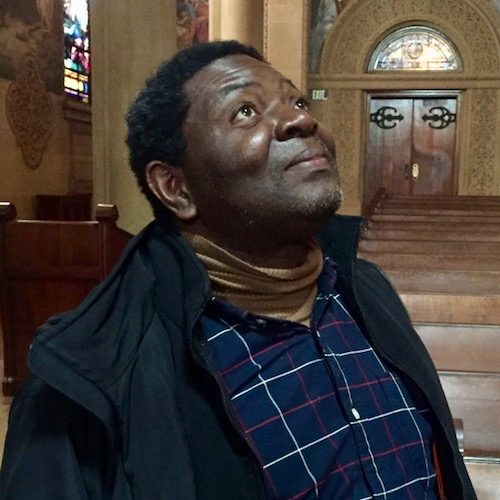
Alfred - Liberia
Third, we honor Alfred Brownell who is our close partner and a fearless human rights and environmental defender from Liberia. Alfred has endured brutal physical attacks by paramilitaries in his work to defend the human rights, land and natural resources of local communities.
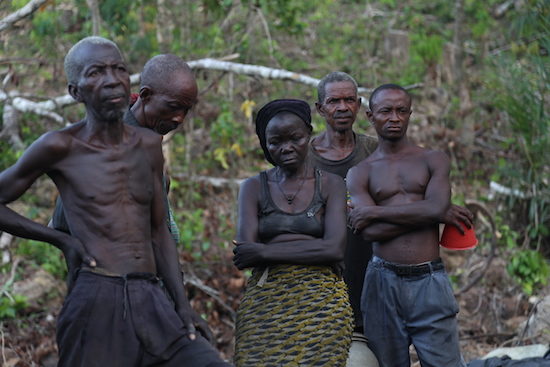
Alfred - Liberia
Alfred advocated for the hundreds of Liberians, including indigenous smallholder farmers and charcoal producers, as their rights were severely undermined by a biomass company, known as Buchanan Renewables Energy.
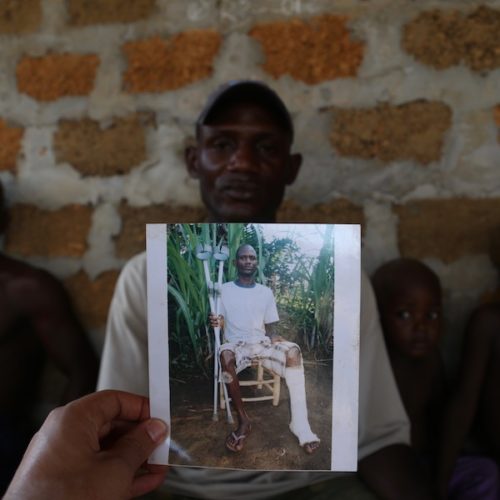
Alfred - Liberia
The company practices of Buchanan Renewables have not only contaminated community drinking water and caused negative climate impacts, but they have also abused local workers. As a result of Alfred’s tireless advocacy, an Overseas Private Investment Corporation investigation vindicated the community’s concerns.
4. Vladlena, advocate challenging corporate abuse in Ukraine
We honor Vladlena Martsynkevych as she partners with us to raise problems around the largest poultry facility in Ukraine, where social and environmental impacts are making life unbearable for neighboring villagers.
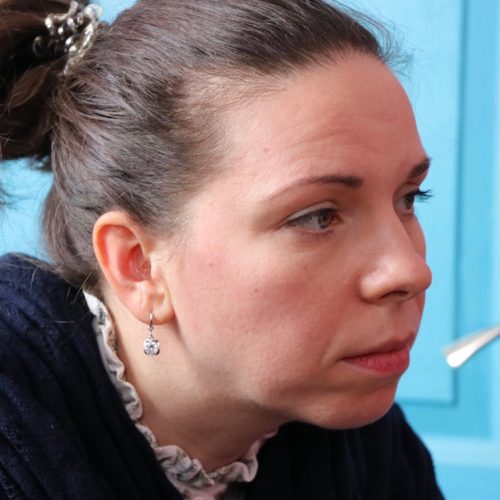
Vladlena - Ukraine
Fourth, we are honoring Vladlena Martsynkevych, an advocate who is challenging corporate abuse in Ukraine. Vladlena is calling for adequate environmental and human rights protections in regards to the largest poultry facility in the country: Vinnytsia Poultry Farm.
5. Battsengel, Mongolian nomadic herder defending his culture
We honor Battsengel Lkhamdoorov, a nomadic camel herder who led his community to achieve historic agreements to defend their resources, livelihood, and culture in the face of threats from a massive gold and copper mine in the Mongolian South Gobi Desert.
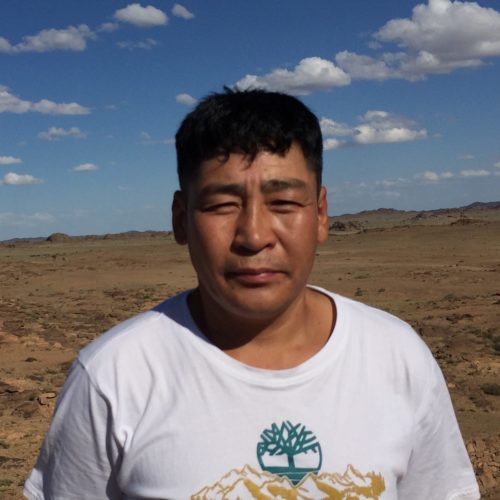
Battsengel - Mongolia
For lap 5, we are honoring Battsengel Lkhamdoorov, a nomadic camel who led his community to achieve historic agreements to defend their resources, livelihood, and culture from a massive gold and copper mine in the Mongolian South Gobi Desert.
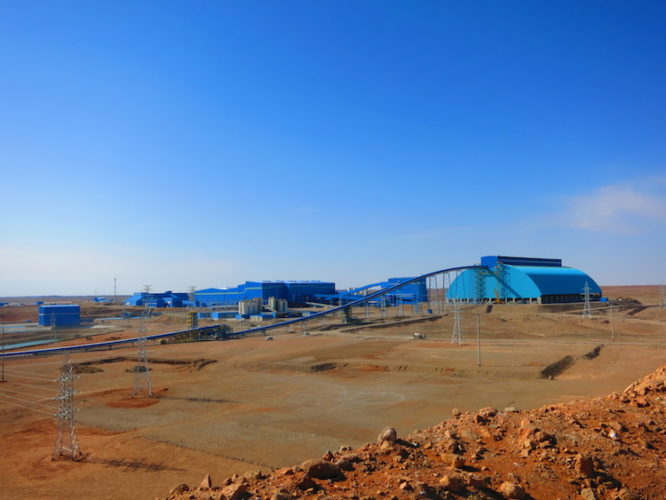
Battsengel - Mongolia
The Oyu Tolgoi mine is one of the world’s largest copper mines and accounts for nearly ⅓ of Mongolia’s GDP. The mine’s immense water usage and associated infrastructure depleted wells and degraded pastureland, jeopardizing the herders’ traditional way of life.
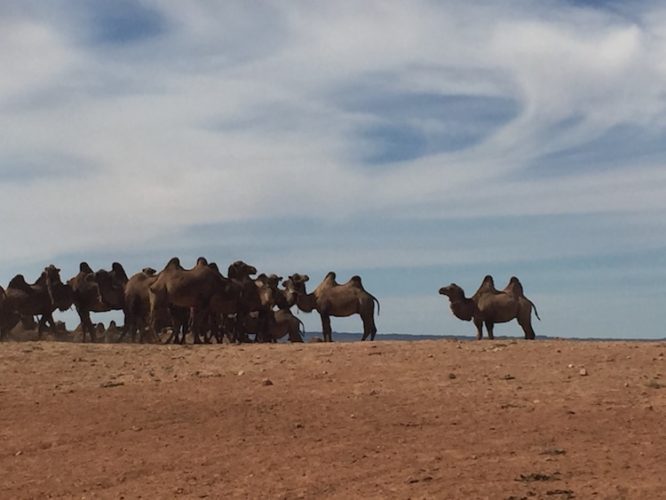
Battsengel - Mongolia
Battsengel and his community raised concerns to the World Bank, an investor in the mine. This complaint initiated a dialogue between the herders, mining company Rio Tinto, and local government officials. After 4 years of negotiations, the parties reached historic agreements to remedy harm.
6. Shankar, coordinator of Lawyers Association for Human Rights of Nepalese Indigenous People (LAHURNIP)
We honor Shankar Limbu, our partner in advocating that Indigenous Peoples’ rights are respected in remote mountainous areas of Nepal, where transmission lines are forcibly displacing local people.
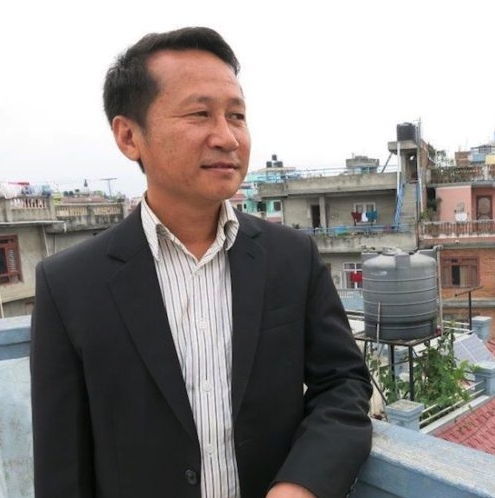
Shankar - Nepal
Sixth, we honor Shankar Limbu, our partner in advocating that the rights of Indigenous Peoples are respected in remote mountainous areas of Nepal, where transmission lines are forcibly displacing local people.
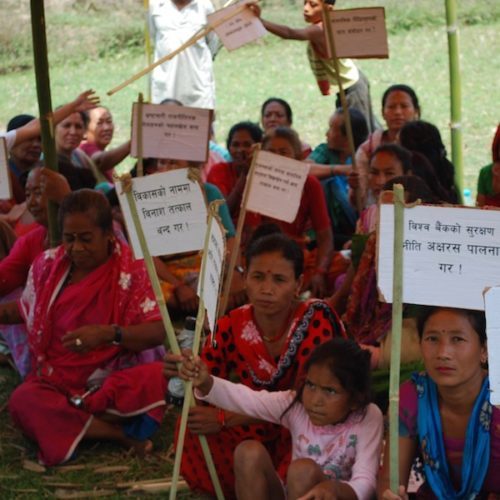
Shankar - Nepal
Shankar is a Nepalese advocate and Secretary of LAHURNIP, which supports Indigenous communities in Nepal to demand their rights, including to free, prior, and informed consent (FPIC).
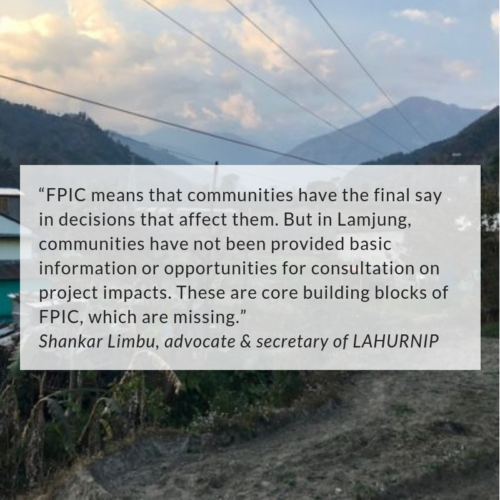
Shankar - Nepal
Just this week, LAHURNIP and Accountability Counsel supported communities to file a complaint to the European Investment Bank about a transmission line passing over their homes, lands, forests, and community spaces. They hope to negotiate solutions addressing the lack of FPIC, as well as health and environmental concerns about the project.
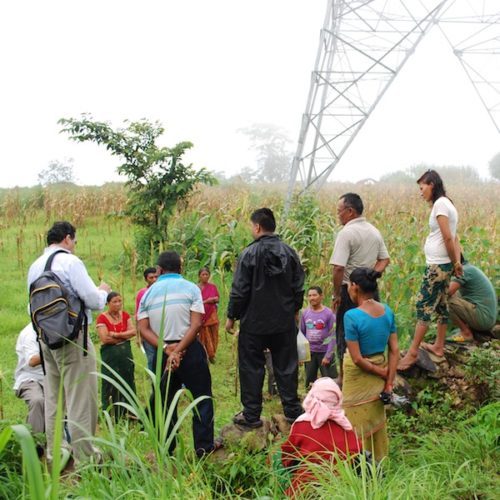
Shankar - Nepal
We have also partnered with LAHURNIP to support communities affected by the World Bank funded Khimti Dhalkebar transmission line. Our advocacy has resulted in a record of the abuses and violations experienced by the communities, including in an investigation report from the Bank's own accountability office.
7. Mary*, a young tea plantation worker challenging abuse she suffers in India (*pseudonym to protect identity)
We honor Mary Tanti*, a young woman who plucks tea on a plantation in Assam, India. We are supporting her struggle to be heard as she and other tea workers try tirelessly to meet their quotas under abusive living, working, and labor conditions on the plantation.
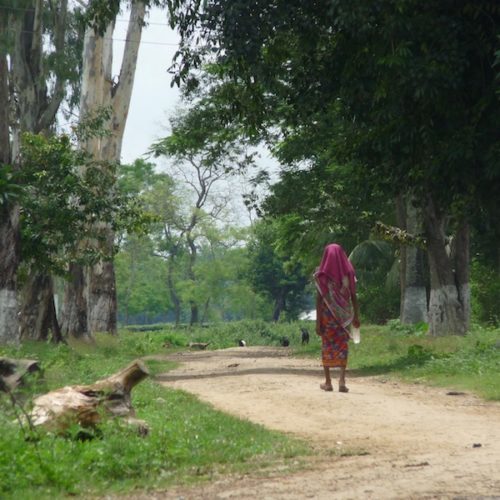
Mary - India
For lap 7, we are honoring Mary* an anonymized woman who endures slave-like conditions as she picks tea leaves in Assam, India without protection from pesticides, while suffering from malnutrition and inhumane living conditions. Workers on the plantation are demanding justice despite risks of retaliation.
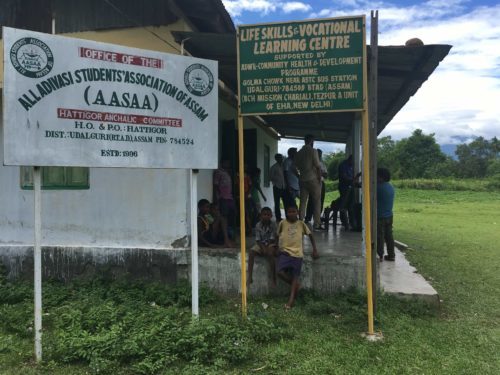
Mary - India
The tea plantations are majority-owned by Tata Group, and the World Bank's IFC is an investor. The IFC’s accountability office found that living and working conditions were substandard, wages were insufficient, and the plantation’s shareholder model had failed due to lack of access to information.
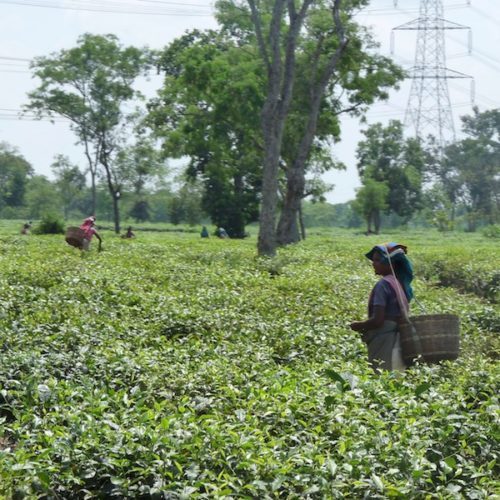
Mary - India
Together with Pajhra, Nazdeek, and People's Action for Development we launched Project AccountabiliTEA to bring attention to the labor violations and neglect on the plantations, and to call on the Bank to remedy this abuse. Nine years after the Bank's initial investment, abuse continues, and we are continuing to demand justice for women like Mary.
8. Gabino, defending rights of his Indigenous community in Mexico
We honor Gabino Vicente, a leader in Oaxaca, Mexico, whom we supported to successfully defend a local spring from a private investment that would have polluted drinking water and destroyed a cultural resource for four Indigenous communities.
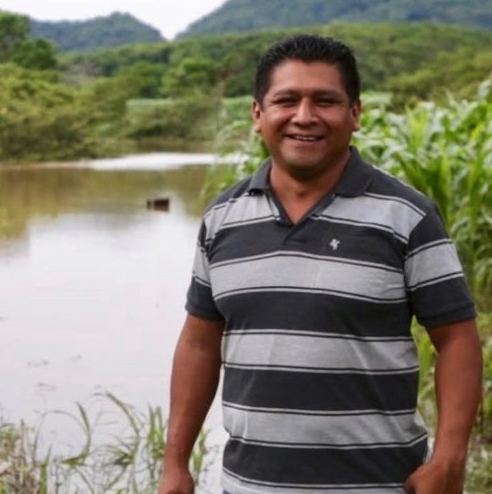
Gabino - Mexico
Our eighth honoree is Gabino Vicente, a leader in Oaxaca, Mexico whom we supported to successfully defend a local spring from a private investment that would have polluted drinking water and destroyed a cultural resource for four Indigenous communities.
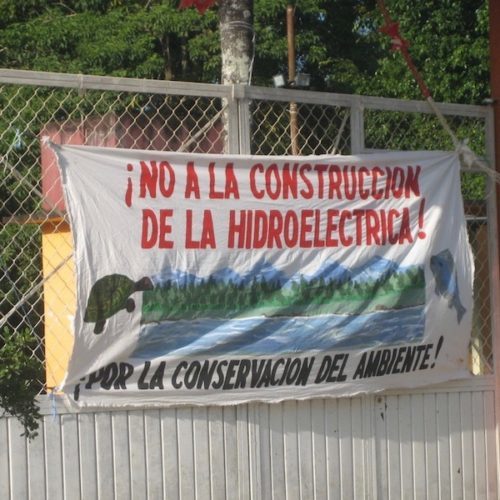
Gabino - Mexico
When a hydroelectric project threatened to destroy the Arroyo Sal, a critical water source and ecosystem for communities in Oaxaca, Gabino came to us for help preventing further harm. With our support, the communities decided to defend their rights through a complaint to OPIC’s accountability office.
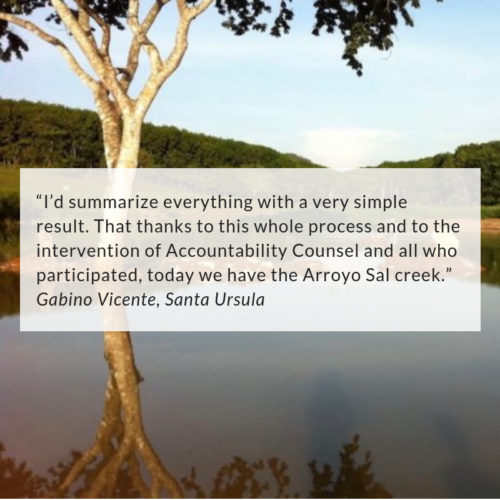
Gabino - Mexico
Gabino led the communities through negotiations with the project operator and investors, with the Mexican government as an official witness. Through this process, the parties reached an agreement to stop the project. It remains stopped today and the Arroyo Sal is again a thriving ecosystem. This is the first example we know of where Indigenous communities used a dispute resolution process to make their right to demand free, prior, and informed consent meaningful.
9. Abubakar, Chairman of Save Lamu, a Kenyan organization defending local rights
We honor Abubakar Mohamed Ali, the Chairman of Save Lamu, our local partner working to defend his local community in coastal Kenya from the grave impacts of a coal-fired power plant. The project threatens the fragile ecosystem of mangroves and the livelihoods and culture of local Indigenous and traditional farmers and fisherfolk.
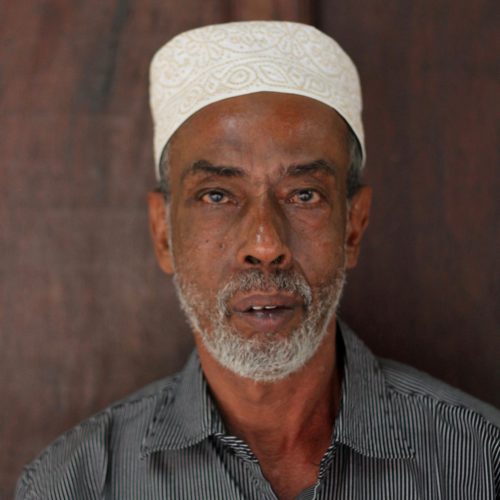
Abubakar - Kenya
Our ninth honoree is Abubakar Mohamed Ali, the Chairman of Save Lamu. Abubakar is our local partner in Kenya working to defend his community from the grave impacts of what would be the largest coal-fired power plant in East Africa.
10. Lily, Peruvian Indigenous rights activist and lawyer
We honor Lily La Torre, an Indigenous rights lawyer whose decades of wisdom supported our work to amplify the voices of Shipibo Indigenous villages in Peru facing harm from repeated oil spills in rivers that are their only drinking water.
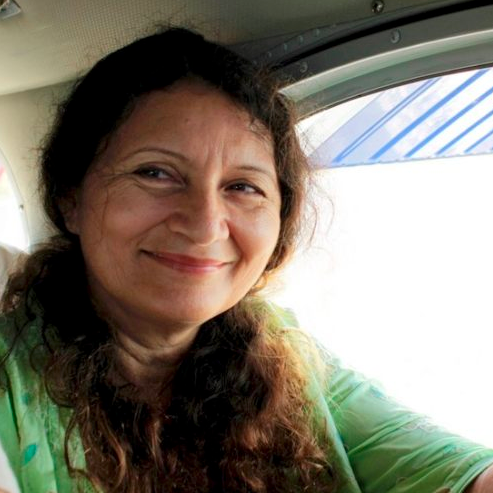
Lily - Peru
For lap 10, we honor Lily La Torre, an Indigenous Rights lawyer whose decades of wisdom supported our work to amplify the voices of Shipibo Indigenous villages in the Peruvian Amazon facing harm from repeated oil spills in rivers that are their only drinking water.
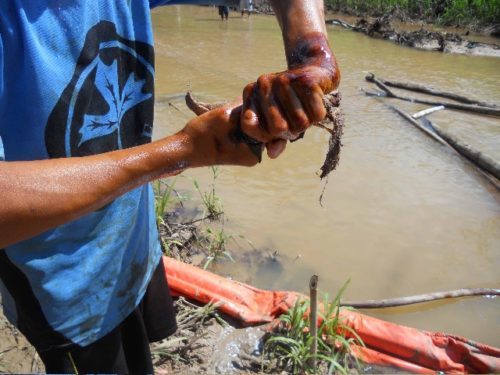
Lily - Peru
In 2009, we worked with Lily to support Shipibo Indigenous communities in their struggle to hold Maple Energy and its investors accountable for the harmful impacts of Maple’s operations. The communities suffered seven oil spills between 2009-2012, leading to severe human rights and environmental abuses, including use of forced labor to clean up a spill.
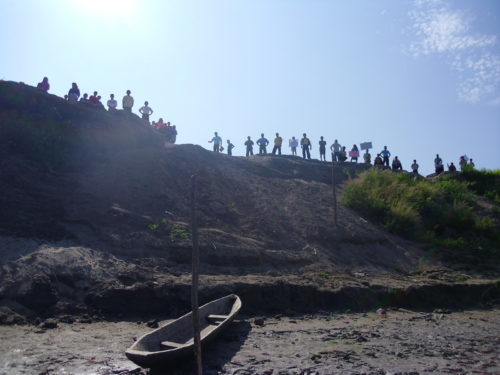
Lily - Peru
This case is evidence of the business case for entering dispute resolution in good faith and investing in strong accountability offices. After the CAO process failed, the communities continued to suffer from oil spills and again peacefully occupied the oil wells in September 2012. Maple claimed that “the action has slowed its production of low sulphur crude oil” from the oil fields near the communities.
11. Sarah, Liberian challenging gender-based violence
We honor Sarah Monopoloh, a brave Liberian woman speaking out about sexual abuse she suffered as a result of an agribusiness company’s harmful practices. We stand with Sarah to seek remedy and ensure that her story has reached decision-makers whose misconduct led to her abuse.
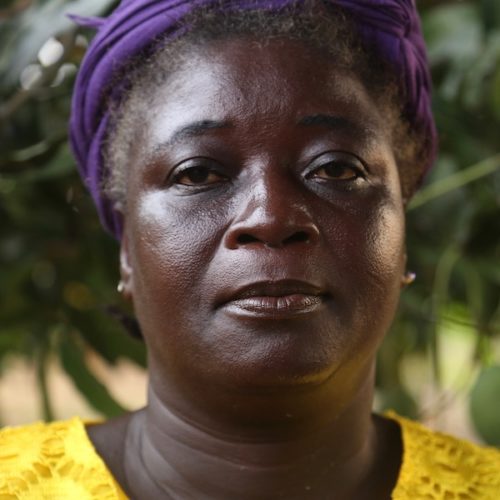
Sarah - Liberia
For lap 11, we honor Sarah Monopoloh, a Liberian woman who took a stand against gender-based violence. Sarah spoke out about the sexual abuse she suffered as a result of the harmful company practices of Buchanan Renewables.
12. Dmitry, Russian environmental activist challenging abuse from oil companies
We honor Dmitry Lisitsyn, whose courageous work on Sakhalin Island, Russia has exposed harm to local people and the environment from one of the world’s largest oil and gas projects.
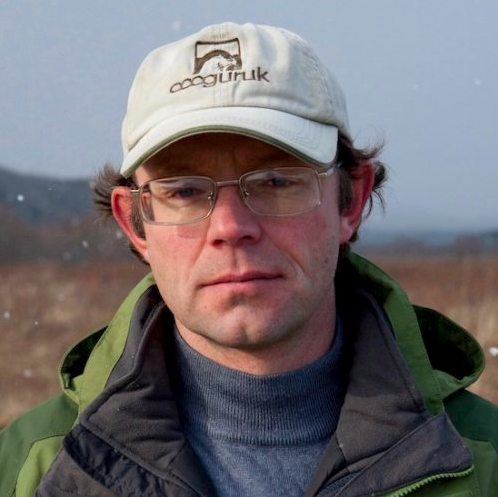
Dmitry - Russia
Our twelfth honoree is Dmitry Lisitsyn, whose courageous work on Sakhalin Island, Russia has exposed harm to local people and the environment from one of the world’s largest oil and gas projects.
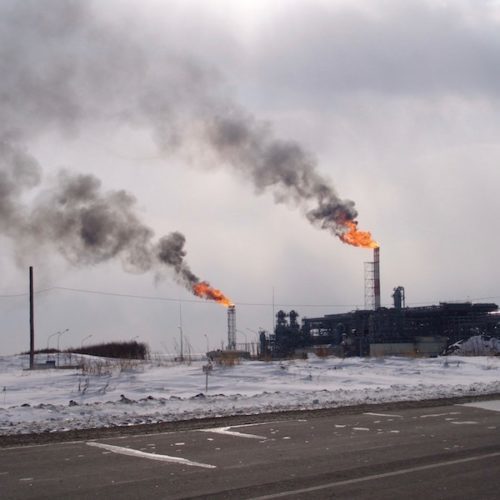
Dmitry - Russia
Communities living near the the Sakhalin II integrated oil and gas project in the Russian Far East have suffered from exposure to harmful pollutants, threats to community safety and food security, and the loss of local environmental resources. Dmitry won the prestigious Goldman Environmental Prize in 2011 in part for his work with local Sakhalin communities to address the harmful impacts of Sakhalin II.
13. Eddie, Activist from Papua New Guinea, defending community rights
We honor Eddie Tanago Paine, an activist from Papua New Guinea whom we partnered with to successfully amplify the voices of palm oil farmers who were being harmed by a World Bank Project. As a result of Eddie’s tireless work, the Bank redesigned the project to take community concerns into account.
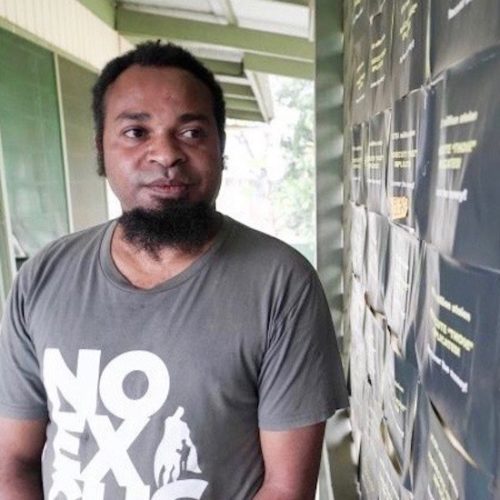
Eddie - PNG
Our 13th honoree is Eddie Tanago Paine, an activist from Papua New Guinea. We partnered with Eddie to amplify the voices of local palm oil farmers who were being harmed by a World Bank-funded smallholder agricultural project in Oro Province.
14-17. Team Accountability Counsel
For the final stretch, we’re honoring four members of Accountability Counsel’s incredible staff, representing each of our four teams. Each team works together to achieve remedy for communities around the world and boldly shift global systems toward greater justice in international finance.
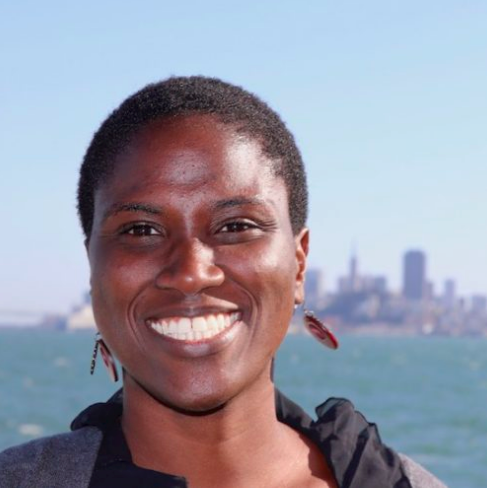
Stephanie - AC Policy
First up, our Policy Associate Stephanie Amoako. Stephanie has been influential in making U.S. development policy to be more just and accountable. Most recently, she was instrumental in including accountability language in the BUILD Act, legislation to create a new U.S. development finance institution that recently passed Congress.
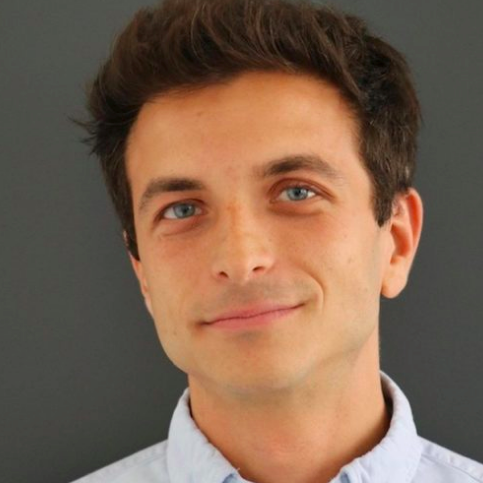
Samer - AC Research
Second, we have Samer Araabi, whose unique background in humanitarian assistance on the Syrian border and in software engineering fuels our Research department. He is leading the creation of a powerful database of every accountability office complaint ever filed, which will serve grassroots advocacy and systems change.
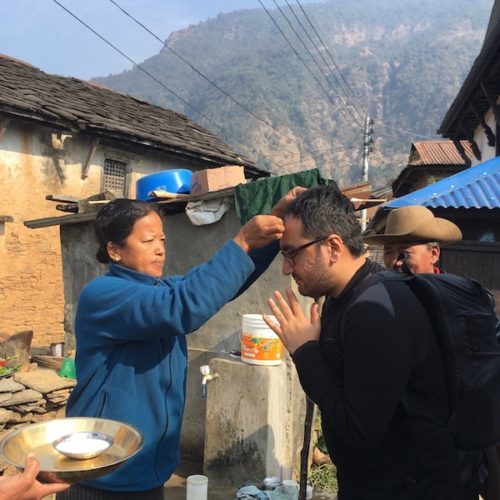
Siddharth - AC Communities
Next, we are honoring South Asia Consultant Siddharth Akali, who exemplifies our respect-based approach as he works in close partnership with communities in Nepal to challenge human rights and environmental abuses in places where speaking up can come with harsh retribution.
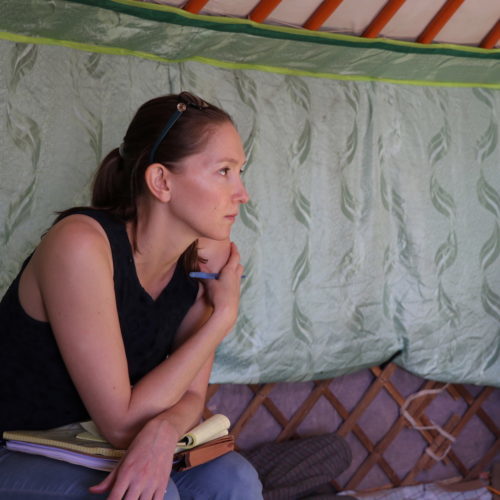
Caitlin - AC Communities
Our final honoree is Global Communities Attorney Caitlin Daniel. Caitlin embodies the “last mile” commitment we make to our partners, living for months at a time in the Mongolian South Gobi Desert and Nepal to provide deep support during critical moments of our communities’ cases.


